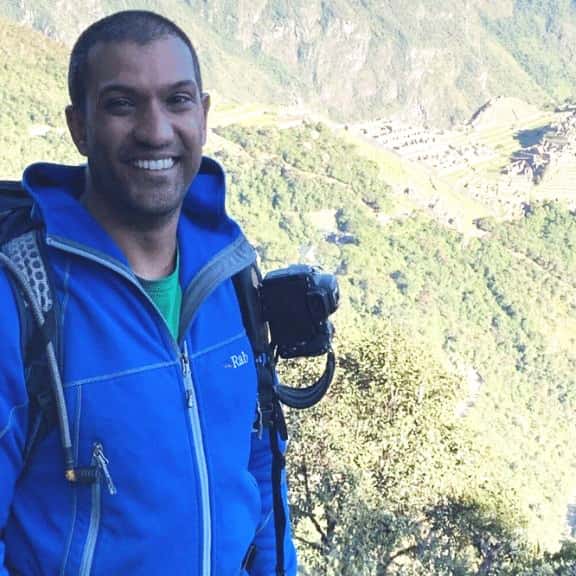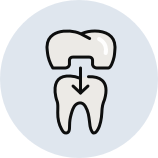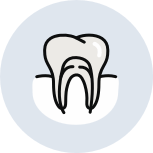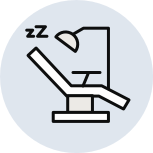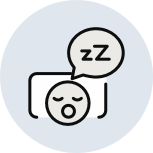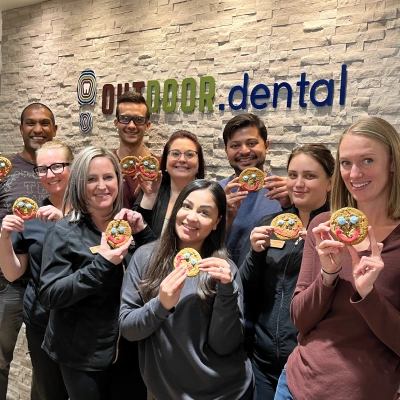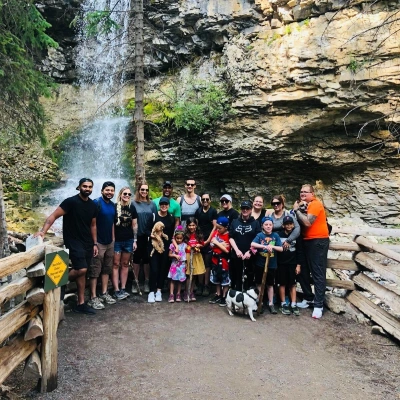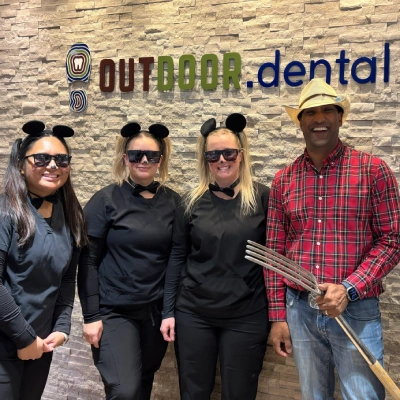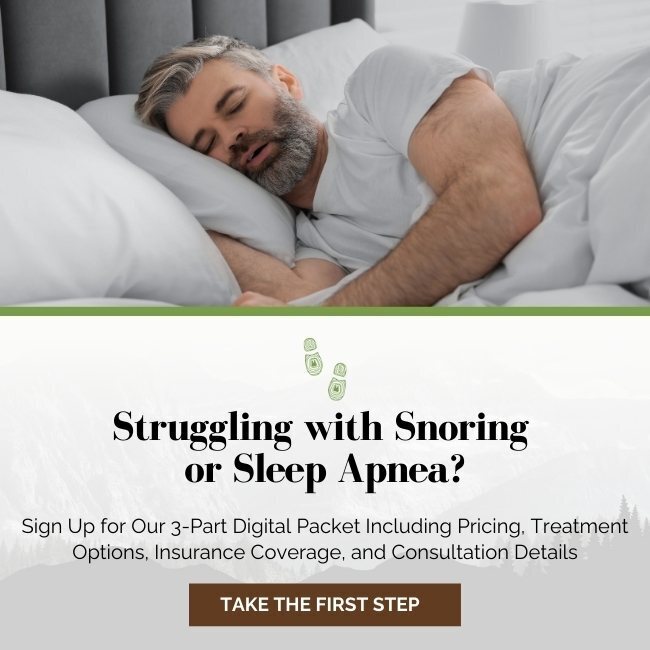Left untreated, sleep apnea can reduce life expectancy by increasing the risk of cardiovascular disease, stroke, and other health issues. For those affected, recognizing the symptoms and seeking treatment is essential for improving quality of life and long-term health. You can reduce these risks and enjoy restful, revitalizing sleep with the right approach to treatment.
What is Sleep Apnea?
Sleep apnea is a sleep disorder in which breathing repeatedly stops and starts throughout the night. These pauses can last anywhere from a few seconds to over a minute, disrupting sleep and reducing oxygen flow to vital organs.
The 2 main types of sleep apnea are obstructive sleep apnea (OSA), where the airway becomes blocked, and central sleep apnea, where the brain temporarily stops sending signals to the muscles that control breathing.
Most people with sleep apnea don’t realize they have it, as it often occurs during sleep. However, untreated sleep apnea can lead to serious health problems, including an increased risk of heart disease, diabetes, and high blood pressure. Recognizing the signs of sleep apnea is crucial for seeking appropriate treatment and avoiding long-term complications.
The Effects of Sleep Apnea
Sleep apnea’s impact on health extends beyond poor sleep quality. This condition affects nearly every system in the body and can lead to chronic health issues if untreated.
When a person’s breathing stops repeatedly throughout the night, their body is deprived of oxygen. Lack of oxygen causes a fight-or-flight response, increasing blood pressure and straining the cardiovascular system. Over time, these effects compound and increase the risk of heart disease, heart attack, and stroke, making sleep apnea a significant health concern.
In addition to cardiovascular risks, sleep apnea can contribute to metabolic issues. Interrupted sleep disrupts the body’s ability to regulate insulin and blood sugar levels, which can lead to insulin resistance and increases the risk of developing type 2 diabetes. Such disruption in metabolic balance further stresses the body and complicates overall health.
Sleep apnea also has a direct impact on mental health. Chronic fatigue and poor-quality sleep can lead to irritability, mood swings, and even depression. For those affected, a lack of restful sleep means they may struggle with concentration, memory, and cognitive function during the day. Over time, these cognitive effects can impact work, relationships, and overall quality of life.
Daytime drowsiness, a common symptom of untreated sleep apnea, poses its own risks. Those with sleep apnea may find it challenging to stay alert, which can be dangerous while driving or operating machinery. Studies have shown that people with untreated sleep apnea are significantly more likely to be involved in car accidents due to drowsiness.
Seeking treatment can benefit both those with sleep apnea and those who live with them, creating a healthier environment for everyone.
Is Snoring a Sign of Sleep Apnea?
While not everyone who snores has sleep apnea, loud, chronic snoring is one of its most common symptoms. Snoring is often a result of obstructed airflow, which can indicate OSA. Those who experience heavy snoring along with other symptoms should consider a sleep evaluation.
Here are some signs and symptoms that may indicate sleep apnea:
- Pauses in breathing during sleep, often noticed by a partner
- Excessive daytime drowsiness
- Waking up with a dry mouth or sore throat
- Frequent morning headaches
- Difficulty concentrating during the day
- Sudden awakenings with gasping or choking sensations
Treating Sleep Apnea
Depending on its severity and underlying causes, there are several approaches to treating sleep apnea.
For some, lifestyle changes, such as losing weight or avoiding alcohol and sedatives may help alleviate symptoms. Sleeping on one’s side rather than on the back can also reduce airway obstruction in mild cases of OSA.
Continuous positive airway pressure (CPAP) therapy is one of the most effective treatments for sleep apnea. A CPAP machine delivers a steady stream of air through a mask, keeping the airway open throughout the night. While it may take some time to get used to, CPAP therapy has been shown to reduce symptoms and lower associated health risks.
Other treatment options include oral appliances designed to keep the airway open by repositioning the jaw. These devices are custom-made by a dental professional and are typically most effective for mild to moderate cases of sleep apnea. They’re therefore a good option for people who find CPAP therapy uncomfortable.
In more severe cases, surgery may be recommended. Procedures such as uvulopalatopharyngoplasty (UPPP) or the placement of implants can help remove or tighten tissue in the throat, reducing airway obstruction. Surgery is generally considered when other treatments have proven ineffective or are unsuitable.
Breathe Easy, Sleep Deeply
At Outdoor Dental, we’re committed to helping you achieve better sleep and optimal health. If you suspect sleep apnea, contact us today to schedule a consultation. Together, we’ll explore treatment options to ensure you’re on the path to restful nights and energized days.


